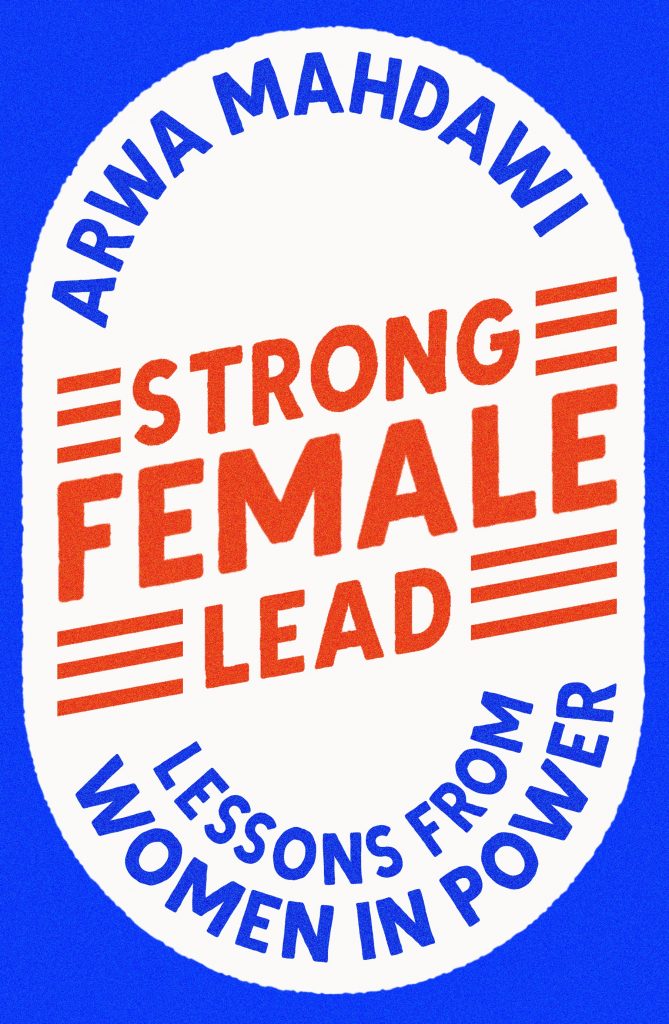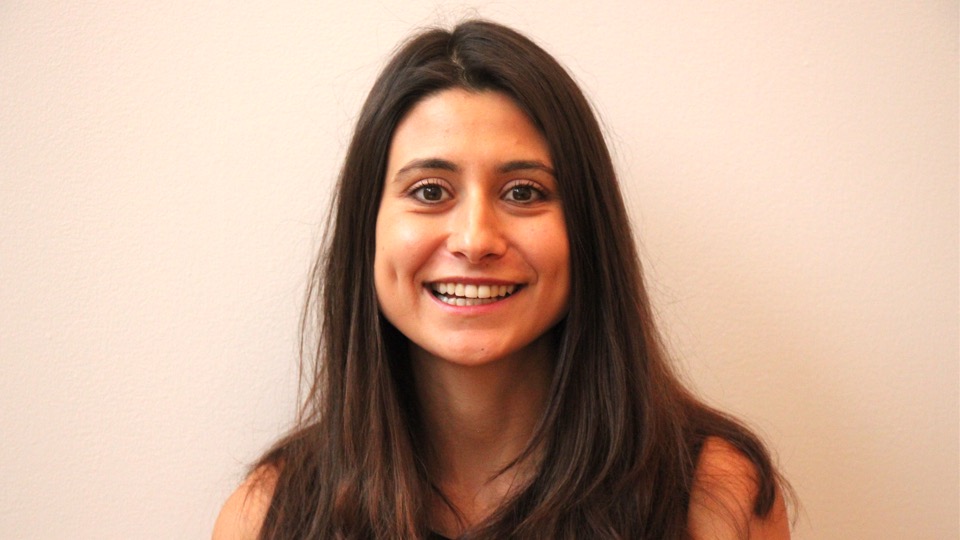From Jacinda Arden to AOC, Angela Merkel to Alicia Garza, what can women in power teach us all about leadership?
Our current model of leadership elevates ‘masculine’ traits, and pathologises ‘feminine’ ones. It has confused confidence with competence and elevated charlatans into the highest positions of power. It has taught women that they need to act like men if they want to succeed and spawned an epidemic of #girlbosses.
As our financial, environmental, and social systems crumble, isn’t it time we rethink what good leadership looks like? It’s time to recognise that the traits we traditionally associate with women – things like empathy and collaboration – are strengths, not weaknesses. Not for politically correct reasons, but for existential ones.
In conversation with entrepreneur and award-winning business author, Guardian columnist Arwa Mahdawi will investigate the qualities demonstrated by female leaders who show us how it’s done, including insights from her interviews with Madeleine Albright, Mary Robinson, Audrey Tang, Nadia Whittome, Timnit Gebru, and Amina Mohammed.
Praise for Arwa Mahdawi’s Strong Female Lead:
‘Any ambitious young person – male or female – should read this book.’ – Sirin Kale
‘As razor sharp as it is compelling. Utterly contemporary and relevant, Mahdawi is the best writer to give us a long overdue book that speaks so brilliantly to, and about, all women.’ – Chimene Suleyman
‘A bold, rigorous and lyrical work which feels both timely and essential. Mahdawi has made a thoroughly nuanced and utterly compelling argument for the new and better forms of leadership that our world urgently needs. Please read it, engage with it, then pass it on.’ – Musa Okwonga
‘This is a book I wanted to read before I knew it existed. It explores the vital question – What would the world look like if all positions of power were held by people who prioritised empathy and compassion? People who were not led by ego but by the idea of collaboration and inclusivity? Arwa proves without a shadow of doubt, that our future leaders need to be female or to be men who respect and emulate female leadership. I just hope we can hurry up and get there, for all of our sakes.’ – Annie Mac
‘A fascinating, important read and the most incredible argument for why a female model of leadership might actually be the more powerful and sustainable one. I’m giving each of my brothers a copy for Christmas.’ – Scarlett Curtis








